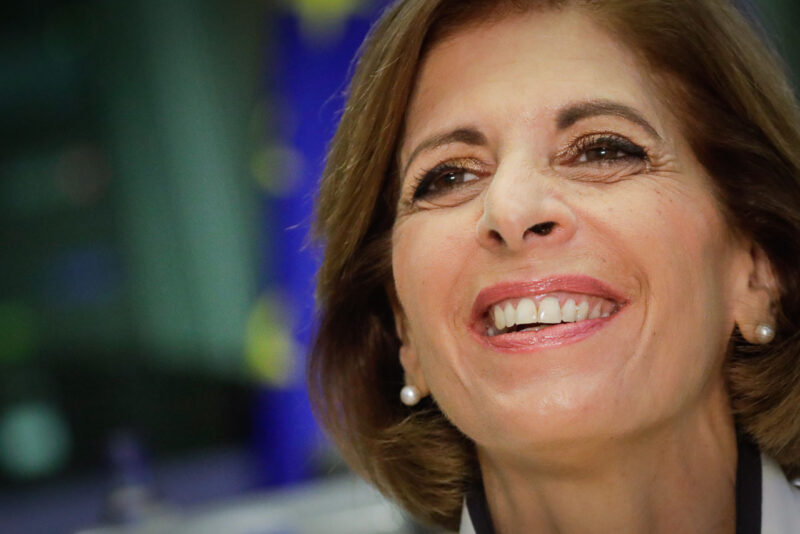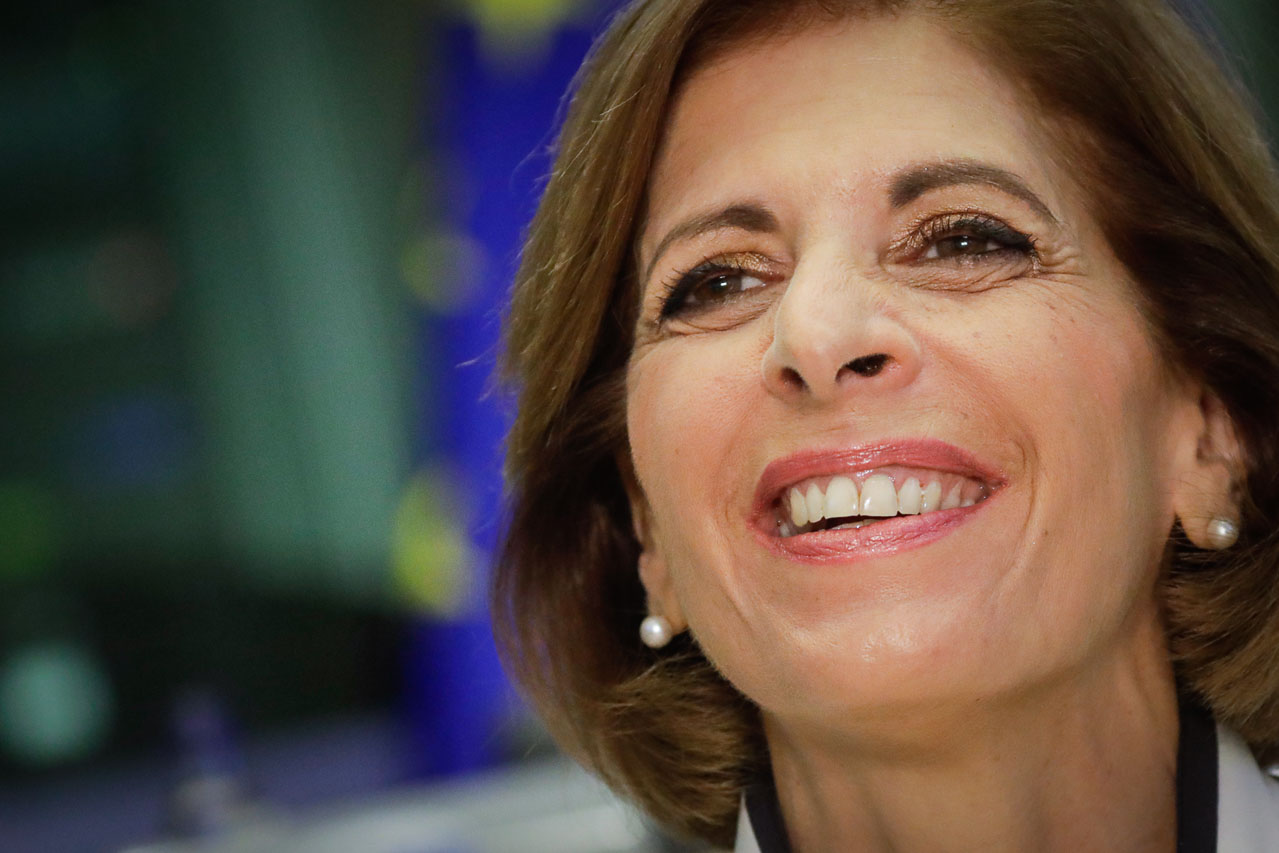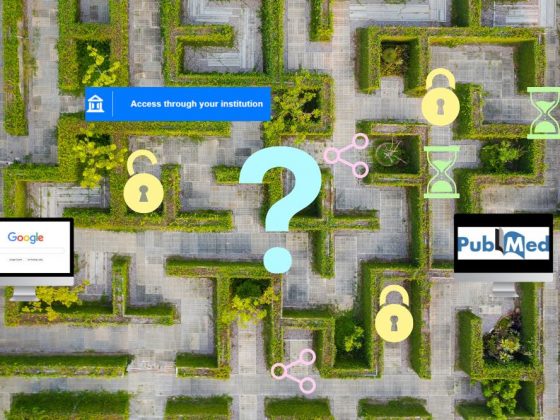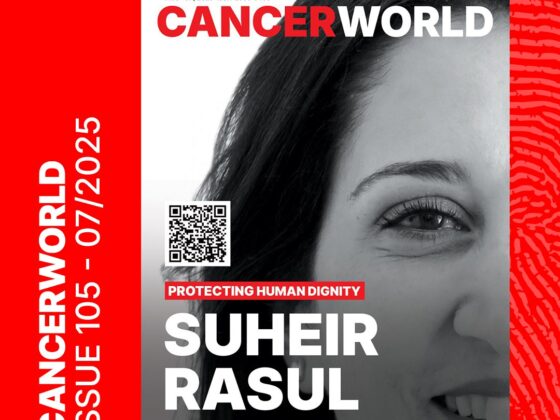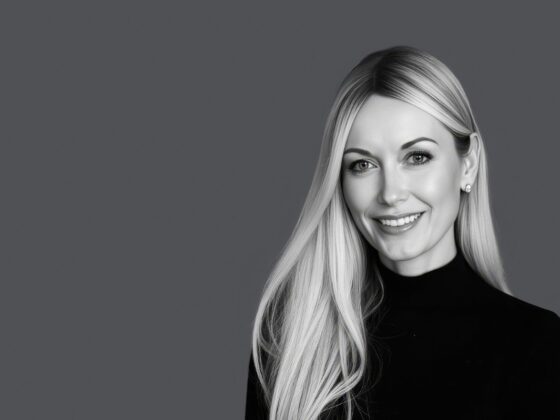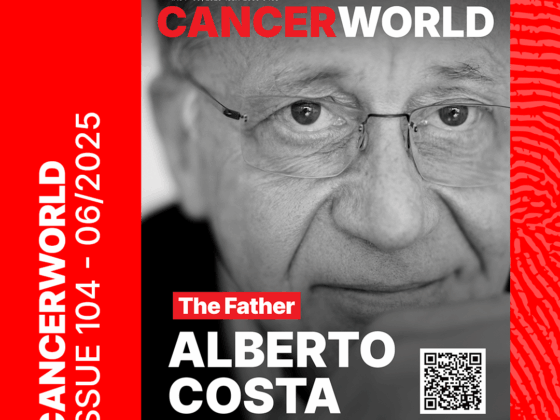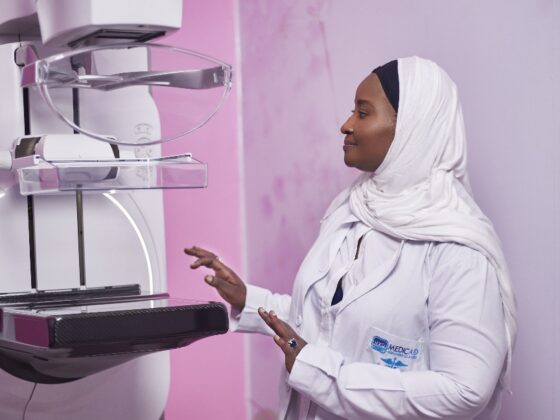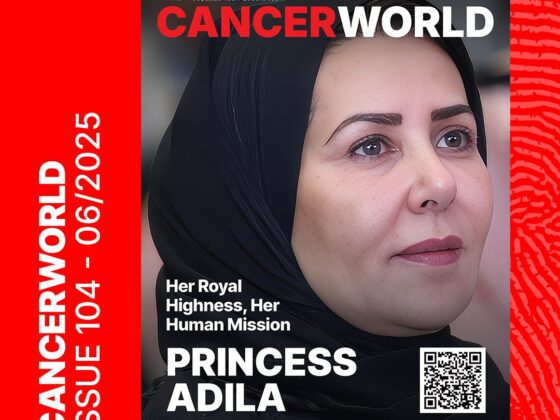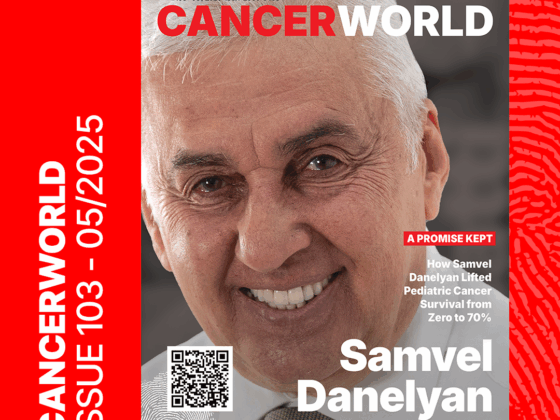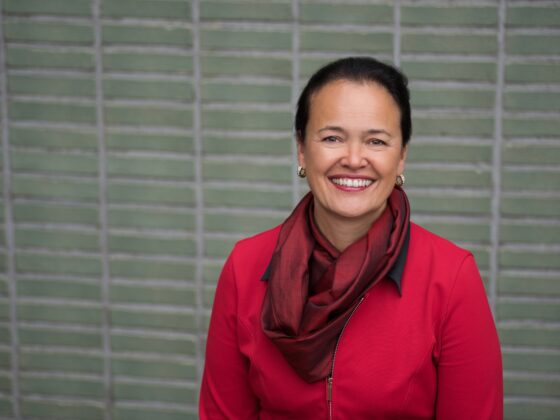Reproduced from The Lancet, Vol. 404, Jessamy Bagenal, Stella Kyriakides: using her voice to improve health in Europe, P1093, September 21, 2024, with permission from Elsevier.
There are some politicians who get involved in health and have to reverse-engineer a narrative about their life and the choices they made to explain where they ended up. Stella Kyriakides, European Commissioner for Health and Food Safety, is not one of those. Her career has been guided by advocacy, service, a drive to change things for the better, and an awareness of her own privilege.
Born into a family of legal professionals in Cyprus in 1956, Kyriakides realised she wanted to work with children when she was an adolescent. After studying in the UK for a degree in psychology and a master’s degree in child maladjustment, she returned to Cyprus and went on to work in public sector mental health services for 28 years, focusing on child and adolescent psychology. She practised mainly in paediatric oncology; reflecting on her early career decision now, she realises that she was influenced by her mother’s diagnosis of breast cancer when Kyriakides was 12 years old. “Living with a parent who was going through cancer for most of my adolescent years—she passed away when I was at university—I think definitely impacted on my choice to work with patients and particularly cancer”, she says.
The way her mother dealt with her diagnosis also helped Kyriakides later in her life when she found out she had cancer: “in the late 1960s, in a small country like Cyprus, cancer was very much a stigma, nobody said the word but my mother never hid her diagnosis and was always very open about it. This was a shining example for me and helped me when I was diagnosed with breast cancer myself just before my 40th birthday”. When Kyriakides was first diagnosed with breast cancer, she was working on a paediatric oncology ward and took time away from work while she had treatment. After breast cancer, her perspective on health changed. Many of the interactions she had with the health system were challenging;
in the late 1960s, in a small country like Cyprus, cancer was very much a stigma, nobody said the word but my mother never hid her diagnosis
Kyriakides found there was a lack of support and information for patients with cancer in Cyprus at this time. “If it was hard for me as a university educated women working as a health professional, what must it be like for others?”, she comments.
This ability to reflect on her own experiences and what she hears from others and bring about change to make it better for the next person is a recurring theme in her career. With other women she co-founded the first breast cancer awareness organisation in Cyprus and established the non-profit organisation Europa Donna Cyprus in 2002, for which she served as President for nearly 15 years. Through her work, she went on to become President of the European Breast Cancer Coalition between 2004 and 2005, engaging with international advocacy efforts.
Kyriakides moved into the political arena when she was asked by the Democratic Rally party in Cyprus to stand for parliament. “I needed to work in an area where I could work on legislation. It wasn’t enough to build awareness, it was not enough to be there in my role as a psychologist”, she recalls. She served for 13 years in Cyprus’s House of Representatives, working on women’s and children’s rights, health, and European affairs among other topics. Elected Vice-President of the Democratic Rally party in 2013, she held this position until 2019 when she became commissioner. Her political expertise grew when she was appointed Head of the Cyprus Delegation to the Parliamentary Assembly of the Council of Europe (PACE) in 2011 and “was able to take my work to another level and bring back to Cyprus what I was learning, for example, we ratified the Lanzarote Convention on Protection of Children against Sexual Exploitation and Sexual Abuse and passed legislation for gay rights and women’s reproductive rights”. In 2017, she was elected President of PACE.
I will stand up for people’s rights and what I believe in, but I am not a confrontational person
Kyriakides has an effective mix of pragmatism and patience, driven by a belief that she must use her voice to bring about policy change. Speaking of her political approach she comments: “I will stand up for people’s rights and what I believe in, but I am not a confrontational person. I’ve always been willing to build consensus to bring about change. Not everyone is always going to agree with you, but if you are unwavering in what you believe in and you do it in a way that is not about me first but about the cause itself, then people will join that cause. My way of politics has always been about building bridges.”
This approach has characterised her work as European Commissioner for Health and Food Safety, where she leads the Commission’s work to establish a strong European Health Union; her term in this role is expected to end in late 2024. Her portfolio includes Europe’s Beating Cancer Plan—the EU’s most comprehensive and well-funded cancer plan ever—the implementation of the EU Pharmaceutical Strategy, the European Health Data Space, overseeing the work of the new European Health Preparedness and Response Authority, and the operationalisation of the EU4Health programme, the EU’s largest funding programme in the area of health with an initial budget of €5·3 billion until 2027. She was involved in leading the EU’s public health response during the COVID-19 pandemic, including working at an EU level to secure access to safe and effective COVID-19 therapeutics and vaccines as part of the EU Vaccines Strategy. Kyriakides is also guiding the Commission’s new comprehensive approach to mental health. It is a demanding job, not without challenges. But what she enjoys most about being a Commissioner is “meeting people from member states, visiting hospitals, listening to people, and then coming back and thinking about how we can improve health for the lives of everyone in Europe”.

